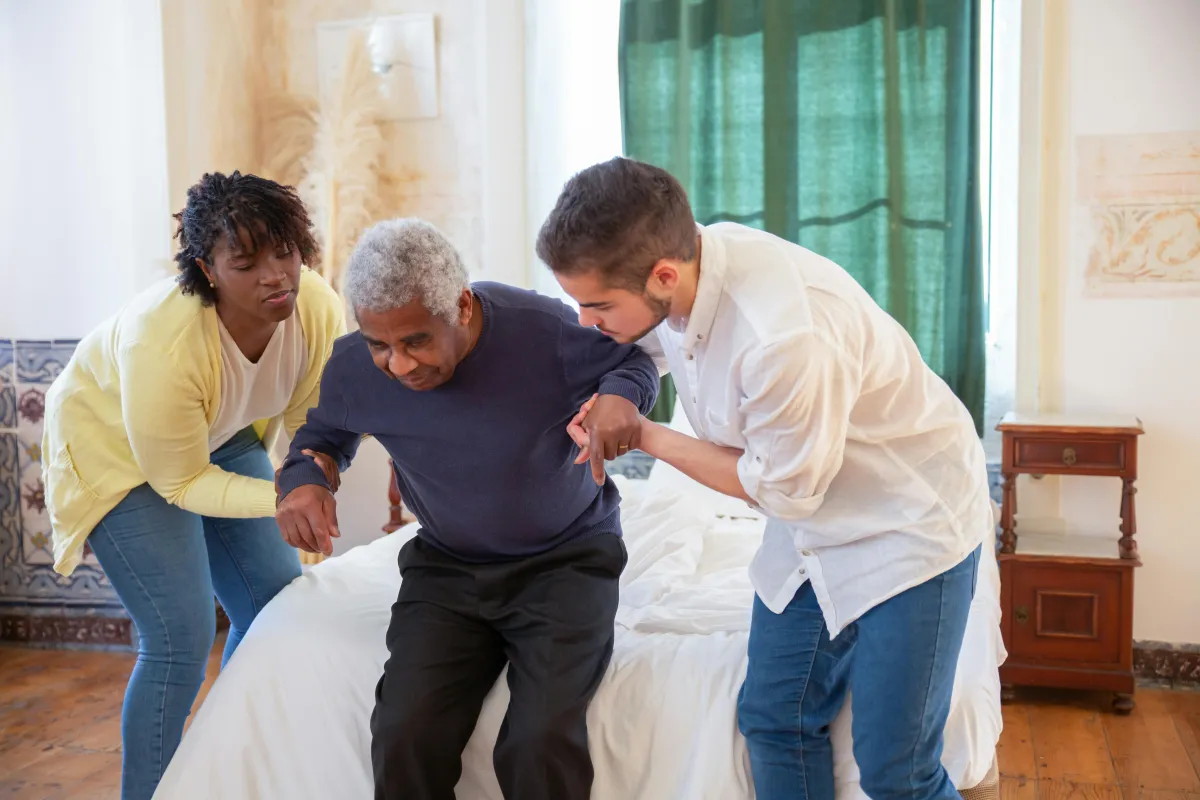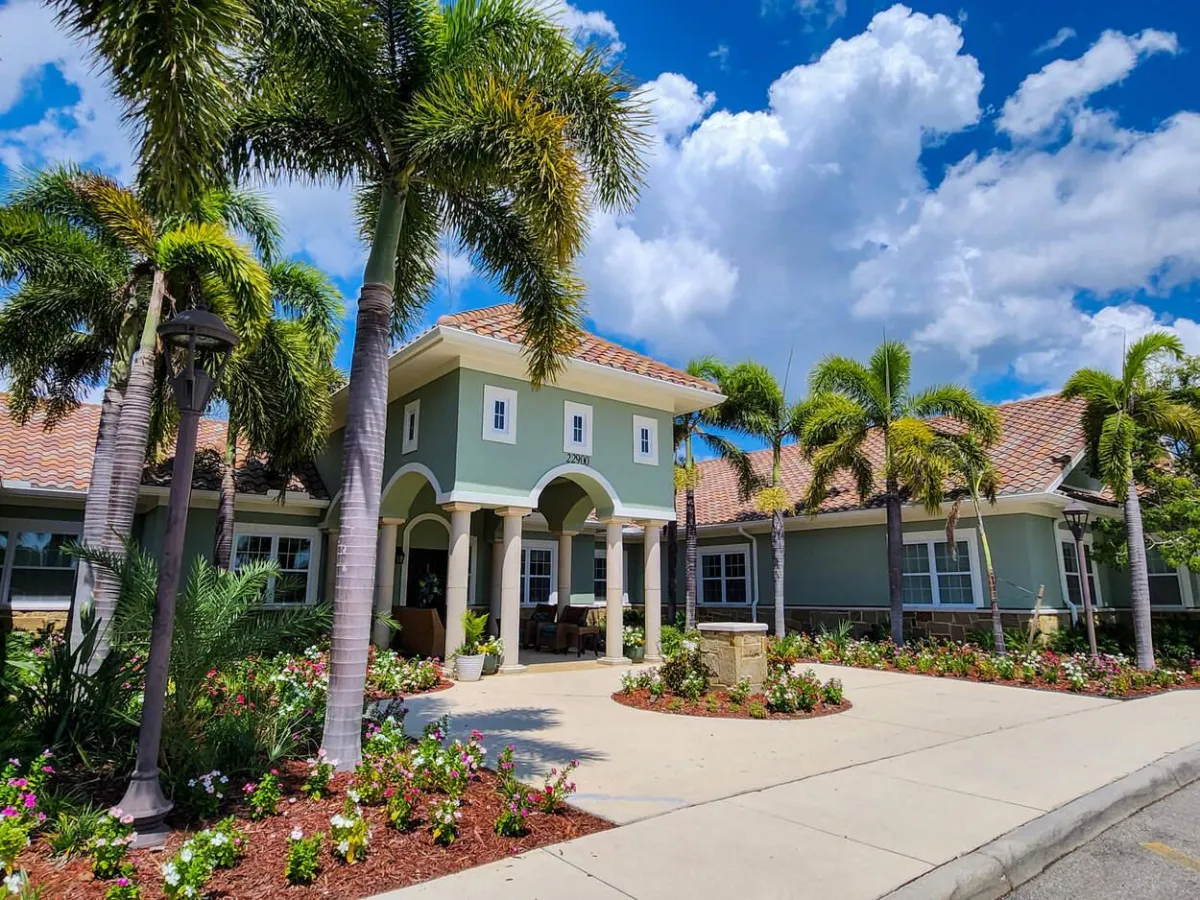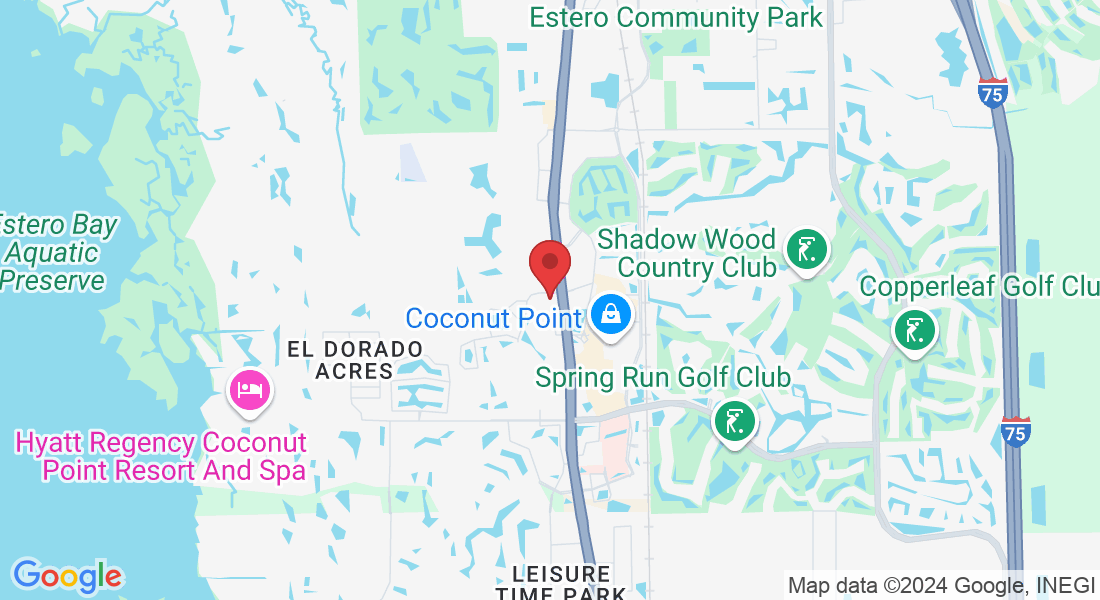Memory Care Resources
Enjoy these articles on finding the right care for your loved one

Elderly Fall Prevention: Care Tips and Strategies
Falls among seniors can be a significant concern. They are a leading cause of injury and can have both physical and psychological impacts.
The fear of falling again can lead to reduced activity. This, in turn, can increase the risk of future falls.
Understanding these complexities is crucial for caregivers. It helps them provide the right support and implement effective fall-prevention strategies. In this article, we aim to guide caregivers in restoring confidence in seniors after a fall by offering practical tips and strategies for elderly fall prevention and senior fall recovery.
We will also delve into the consequences of falls in the elderly and explore how to create a safe and supportive environment for seniors! But first, it's important to understand the significant impact that falls can have.
Understanding the Impact of a Fall
Falls can have severe consequences for seniors. They may lead to physical injuries such as fractures or head trauma. These injuries can result in prolonged recovery times and a decrease in overall mobility.
Beyond physical injuries, falls often leave emotional scars. Fear of falling again can weigh heavily on a senior's mind. This fear can cause anxiety and lead to social withdrawal. Understanding these impacts is essential for caregivers. Recognizing both the physical and emotional toll can guide more effective support and recovery strategies. Acknowledging and addressing these aspects can help restore confidence in seniors.
Immediate Response and Medical Evaluation
Responding promptly after a fall is crucial. Immediate action can reduce the risk of further injury. Caregivers should remain calm and assess the situation. This helps determine if emergency assistance is needed.
Once safety is ensured, a medical evaluation should follow. A healthcare provider can identify underlying health issues that may have contributed to the fall. Essential steps in the immediate response include:
Checking for injuries and calling for help if necessary.
Keeping the senior as comfortable and calm as possible.
Documenting the fall incident for follow-up with healthcare professionals.
A thorough medical evaluation helps tailor future care plans and prevent future falls.
Developing a Personalized Care Plan
Creating a personalized care plan is essential for a senior's recovery. Each individual's needs should be assessed carefully to ensure the most effective support. A tailored approach considers their medical history, current abilities, and emotional state.
Involving healthcare professionals in the planning process is vital. This collaboration ensures that all aspects of the senior's well-being are addressed. Regular reviews of the care plan allow adjustments as the senior progresses or if their needs change. Personalizing care fosters confidence and empowers seniors on their path to recovery.
The Role of Physical Therapy in Recovery
Physical therapy is a cornerstone of fall recovery for seniors. It helps restore strength and balance, reducing the risk of future falls. A skilled therapist can create a safe and effective exercise regimen tailored to the senior's condition and capabilities.
Consistency in attending therapy sessions is crucial for meaningful progress. Physical therapy not only aids in the physical recovery process but also enhances confidence. Seniors who engage in tailored exercise programs often experience improved mobility and a greater sense of independence. This renewed autonomy is key to restoring their confidence after a fall.
Home Safety Assessments and Modifications
Home safety assessments are vital for identifying potential fall hazards. An evaluation can reveal areas needing improvement to enhance safety. Trained professionals or caregivers can perform these assessments to ensure all risks are addressed.
Effective modifications may include:
Installing grab bars in bathrooms.
Securing loose rugs and cords.
Improving lighting throughout the home.
Using non-slip mats in high-risk areas.
Such changes create a safer living environment that supports seniors' independence. Making these simple yet effective adjustments can significantly reduce fall risks. By proactively addressing hazards, caregivers can provide peace of mind for seniors and their families, ensuring a more secure and supportive home.
Encouraging Regular Exercise and Activity
Physical activity is crucial for maintaining strength and balance, both of which are essential for fall prevention. Seniors should engage in exercises tailored to their abilities and needs. Activities such as walking, gentle yoga, or water aerobics can be beneficial.
Even small amounts of exercise can enhance mobility and confidence. It's important to encourage seniors to stay active within comfortable limits. Consistent movement not only supports physical health but also boosts mood and reduces fear of falling. By incorporating regular exercise into their routine, seniors can improve their overall well-being while reducing the risk of future falls.
Nutrition, Hydration, and Medication Management
Proper nutrition is vital for seniors, supporting muscle strength and overall health. A balanced diet should include a variety of nutrients to maintain energy and vitality. Ensuring adequate calcium and vitamin D intake is particularly important for bone health.
Hydration plays a key role in preventing dizziness and confusion, common causes of falls. Seniors should be encouraged to drink water throughout the day to stay well-hydrated. Additionally, regular reviews of medications with a healthcare provider can help manage side effects or interactions that may increase fall risk. By focusing on these aspects, caregivers can support seniors in maintaining their health and reducing fall risks.
Emotional Support and Overcoming the Fear of Falling
Experiencing a fall can significantly affect a senior's confidence. The fear of falling again may lead to decreased activity and increased isolation. Providing emotional support is crucial to help seniors rebuild their sense of security and independence.
Caregivers should encourage open communication about these fears, validating feelings while reassuring seniors of safety measures. Involvement in social activities can also play a vital role in restoring confidence. Engaging with friends and participating in community events can boost morale and shift focus away from fear, gradually helping seniors reclaim their independence.
Fall Prevention Education and Awareness
Educating seniors and their families on fall prevention is essential to minimizing risks. Awareness empowers seniors, helping them understand the importance of safety measures and their active role in preventing falls. Education should be ongoing, adapting as the senior’s health and abilities change.
Discussing fall risks openly encourages cooperation and instills confidence. It allows seniors to voice concerns and be involved in creating a safer environment. Caregivers can provide practical tips and resources to increase awareness, ensuring that preventive strategies are consistently integrated into daily life, ultimately reducing the likelihood of falls and promoting overall well-being.
Leveraging Technology and Community Resources
Using technology and community resources can significantly enhance fall prevention efforts. Devices like motion sensors and emergency response systems provide peace of mind and quick assistance. Local community programs offer valuable support, education, and social engagement opportunities, all of which contribute to a safer and more connected environment for seniors.
Conclusion: Building a Supportive Environment for Seniors
Creating a safe environment involves collaboration, awareness, and empathy. By prioritizing fall prevention and offering emotional and physical support, we empower seniors. This integrated approach not only aids recovery but also instills confidence, enhancing their quality of life and independence. In senior care, where unique challenges and needs are present, fostering a safe, supportive environment becomes even more critical. If you’d like to learn more about how we prioritize safety and support, we invite you to schedule a tour to see our community in action and ask any questions you may have.

Gulf Coast Memory Care
(239) 221-6120
22900 Lyden Dr, Estero, FL 33928
AL# 12921





